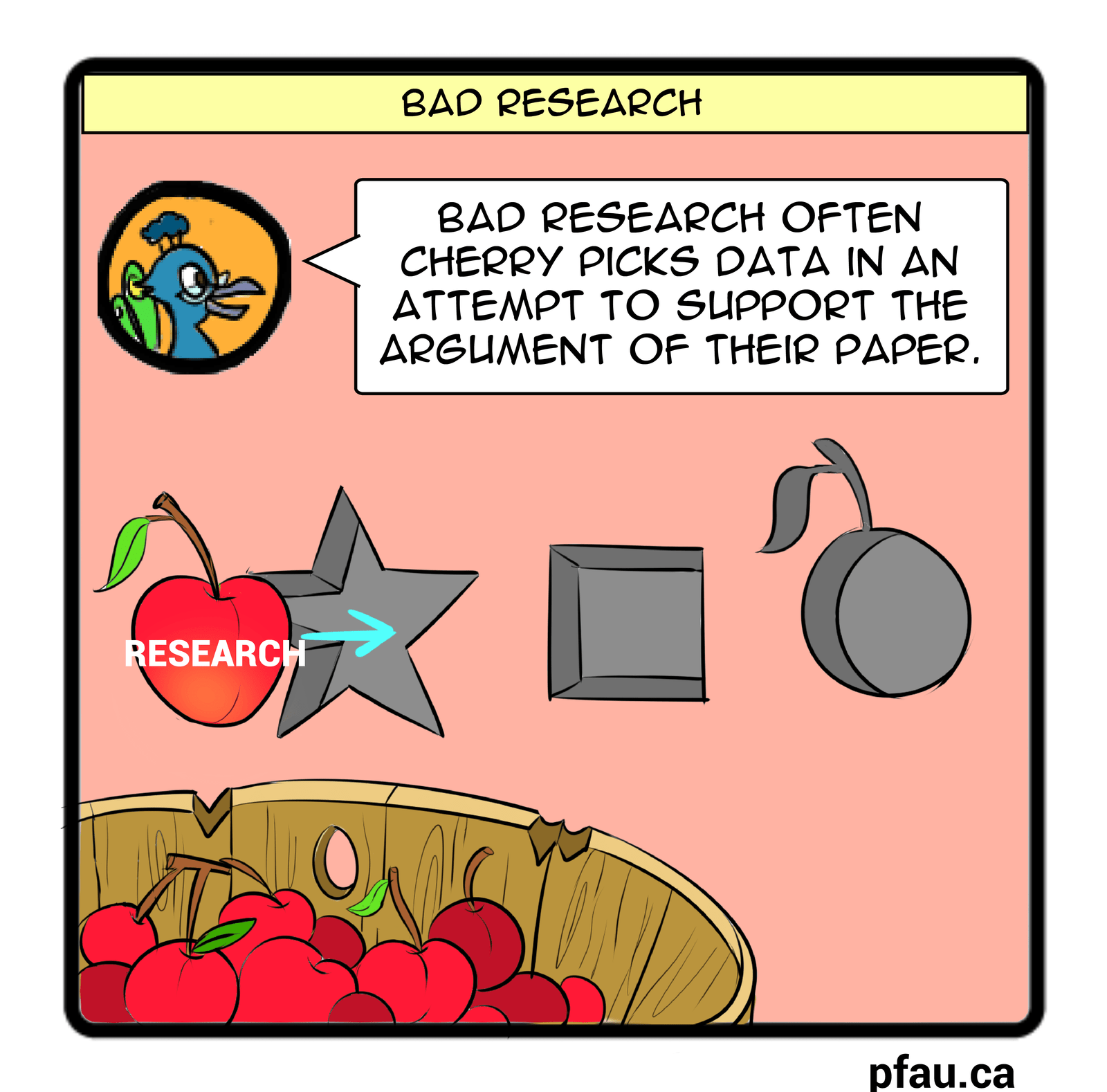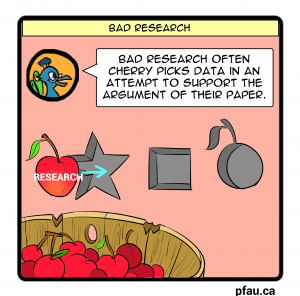We interview Mario Schwarzenberg, who is the owner/broker of MSI – Mario Schwarzenberg Insurance Services Inc., an insurance brokerage, has been offering its customers competitive insurance rates since the early 1990s. This week’s episode is about something we don’t like to talk about, death and critical illness. When we are young we often think we are invincible, but this is not always the case. We are all fragile human beings, and at some point our lives will end. It is important to think of these eventualities sooner rather than later as it can save you a lot of additional hassle, stress, and even money.
_
As a brokerage with many years of experience in selling insurance, paying claims and access to all major insurance companies, MSI offers a variety of plans at the most competitive rates. MSI offers a wide array of insurance services including Life Insurance / Mortgage Insurance Business Benefits: Key-Person & Buy-Sell funding Dental & Medical Benefits for Businesses and Families Living Benefits: Critical Illness Insurance, Income Replacement / Disability Family Benefits Included with Insurance.
When people think of insurance, they usually think of car insurance, but there are actually different facets of the insurance industry. Can you tell us about the different insurance divisions and what they do?
_
That is correct. The majority of the time, people are introduced to insurance with the car or home, but there are other divisions like life insurance, critical illness, living benefits and people benefits. Those are a big part of proper financial planning for younger people because they are valuable in the case you are injured and need income replacement or even when you are older and pass away and there are estate costs. The earlier to start thinking of these things, the easier it is to qualify and save money.
_
People often think of life insurance that only comes up in murder novels when a rich relative dies suspiciously. But, you think it is something that everyone should think about. Why is it so important to a person’s long-term financial planning?
For wealthy people, insurance can help to preserve their wealth by covering the cost of capital gains taxes or estate taxes. For people whose estate is smaller or people who do not have assets, they can use insurance to replace their income to help provide for the family and cover daily expenses, such as paying the mortgage or children’s tuition.
The majority of the time, young people would learn about insurance when something tragic happens within the family or close circle of friends. They don’t think about it because they don’t think they will die anytime soon. However, my very first claim in the insurance happened when I was in my twenties and a good friend of mine passed away. He had a young family, and the insurance helped them to keep their house. It is not about making anybody rich, but rather the family left behind can continue living and have fewer financial worries.
_
What is the difference between permanent life insurance and term life insurance?
Term insurance offers protection for a specific period of time. It is most often purchased by young families who want temporary coverage while their children are growing and they are responsible for a mortgage. They would usually purchase between 10 to 20 years of term insurance to ensure that if something happens to them while their children are small, they will be taken care of. In other words, it is most often purchased to deal with an accidental or unexpected death.
Permanent insurance lasts for your whole life though. You have coverage whether you pass away from an accident or old age. It is useful in terms of covering funeral expenses, capital gains tax, and other estate taxes and expenses as it is non-taxable. It helps to ensure that the value of your estate is passed onto your beneficiaries. In some cases, insurance proceeds may even be bequeathed to a charity after death. Permanent insurance premiums tend to be more expensive than term insurance, but if you start young it is usually comparable and overtime it can add up to a decent sum. In some cases, the balance can even be accessed before death to cover unexpected expenses in old age. It takes a longer term commitment, but it is more flexible in the end.
I think the best option is a combination between permanent and term insurance. Permanent insurance can be used to protect your estate, while term insurance can protect yourself and your family during the years when you are building your assets and responsible for taking care of loved ones.
What advice would you give a young person who thinks life insurance really isn’t necessary for them?
_
Since each person’s needs are very different, talking to an insurance broker would be beneficial because they can ask questions specific to their situation and needs. Brokers have access to different companies and can go through a variety of different plans, so there are many different options to choose from. It is beneficial to have at least a basic understanding of insurance.
I would definitely invite them not to only limit their inquiry to personal insurance though, but their overall financial future and financial planning. Understanding that permanent insurance is actually less expensive when purchased at a younger age and can act as part of your investment portfolio is useful, for example. Talking to an insurance broker does not necessarily mean that you need to buy insurance at that very moment. You can do the inquiry and learn about the available options first. You are not obligated to purchase the coverage.
_
Book Recommendation
_
Personality Isn’t Permanent: Break Free from Self-Limiting Beliefs and Rewrite Your Story by Benjamin P. Hardy
_
Thank you, Mario, for sharing the excellent advice with us and our readers!
_
Missed the podcast? Listen here:
_
_
For more advice about writing, check out our weekly podcast or subscribe to our monthly newsletter.
_
To get more help with your assignments, book a 20 minute discovery session with us and start your journey to reaching your full potential on the page, and in life.
Both the written, visual, audio, and audiovisual content of this post has been created by and is the intellectual property of Lisa Pfau and PFAU Academic Writing. Please do not replicate any of the above content without our consent. However, please do feel free to share this post and its authorship widely.














